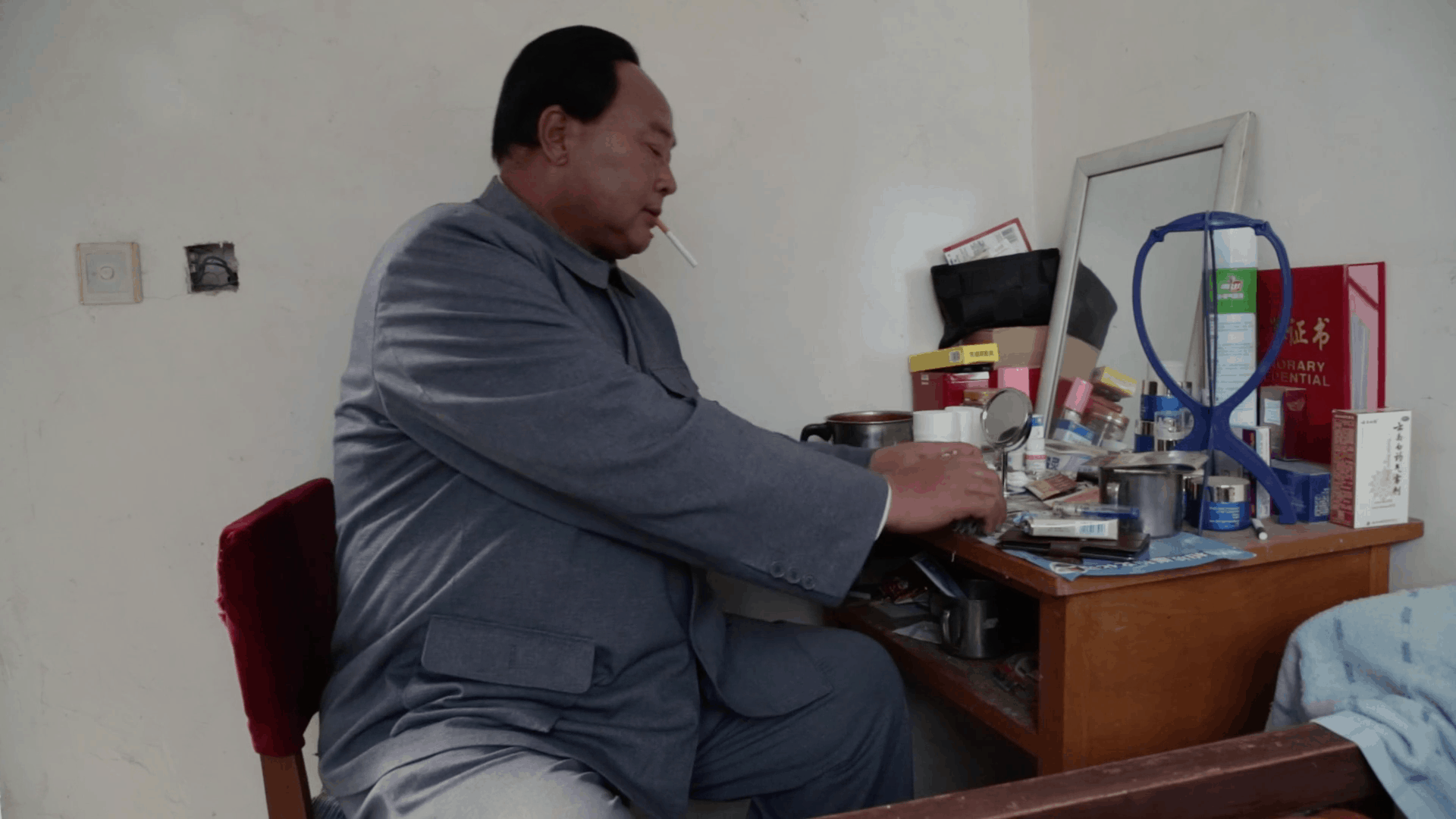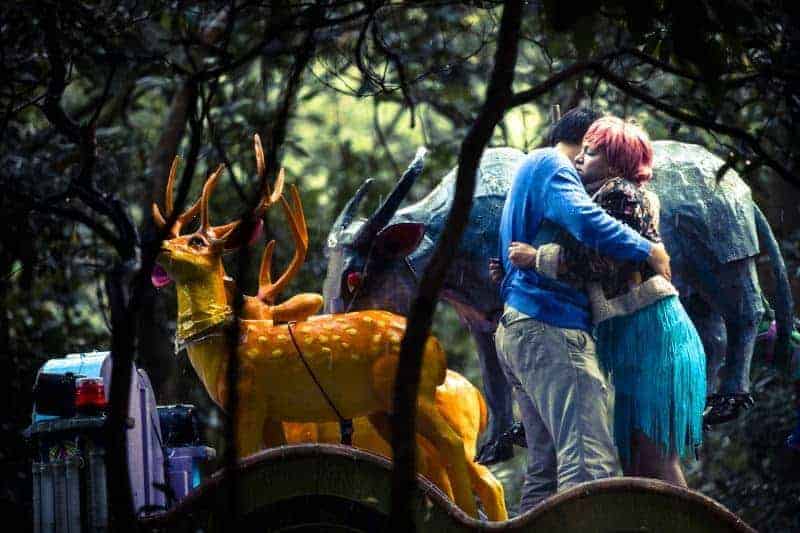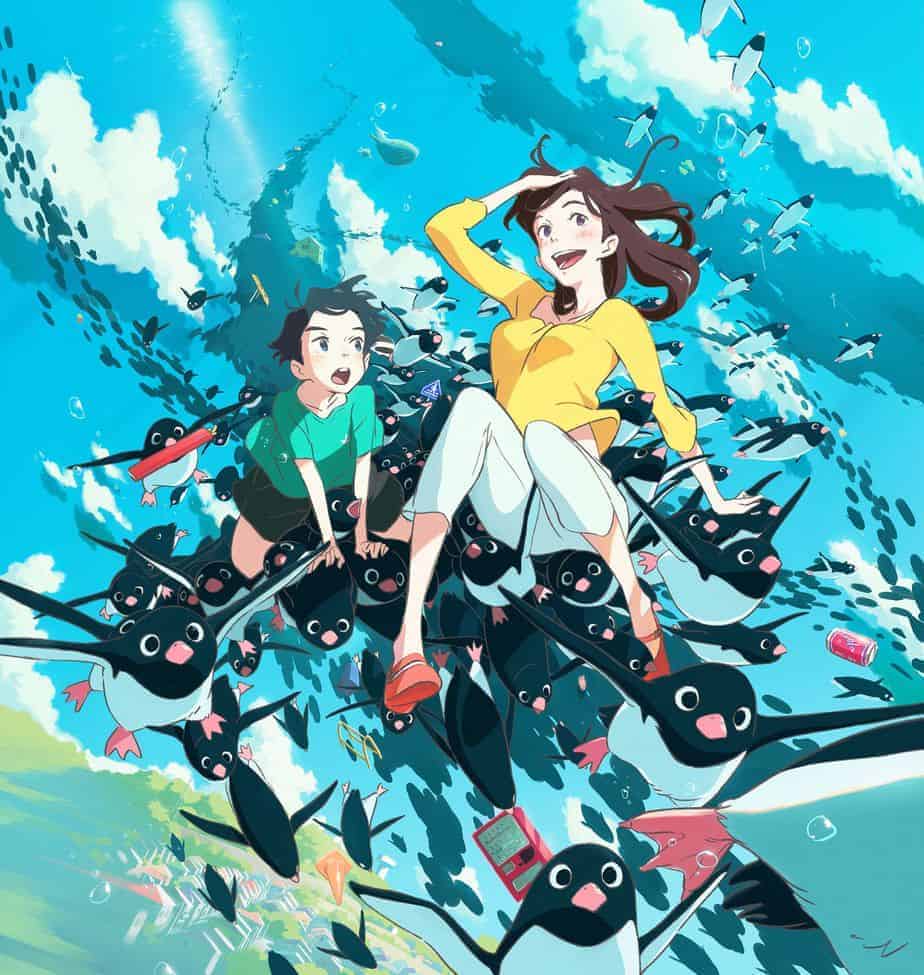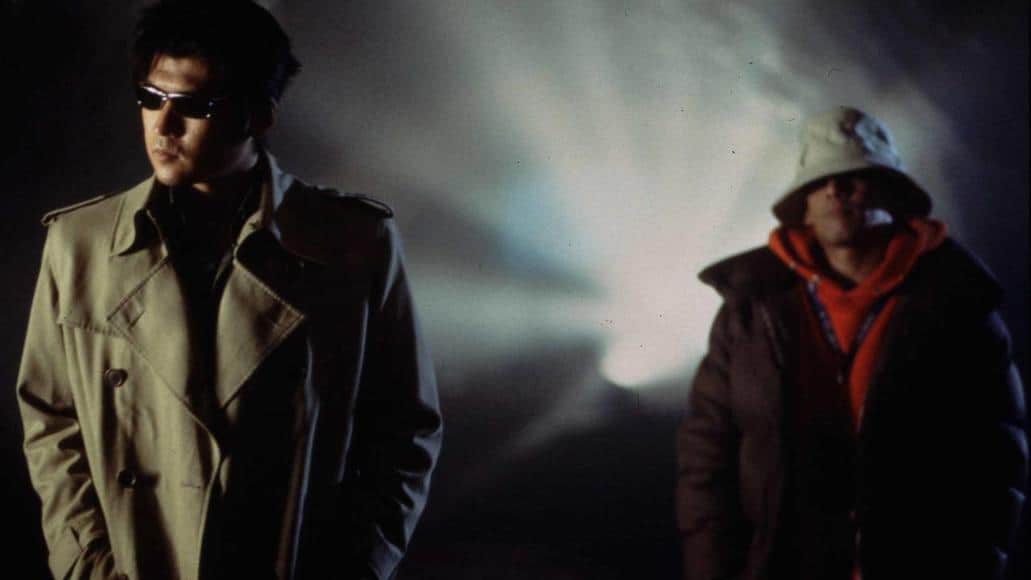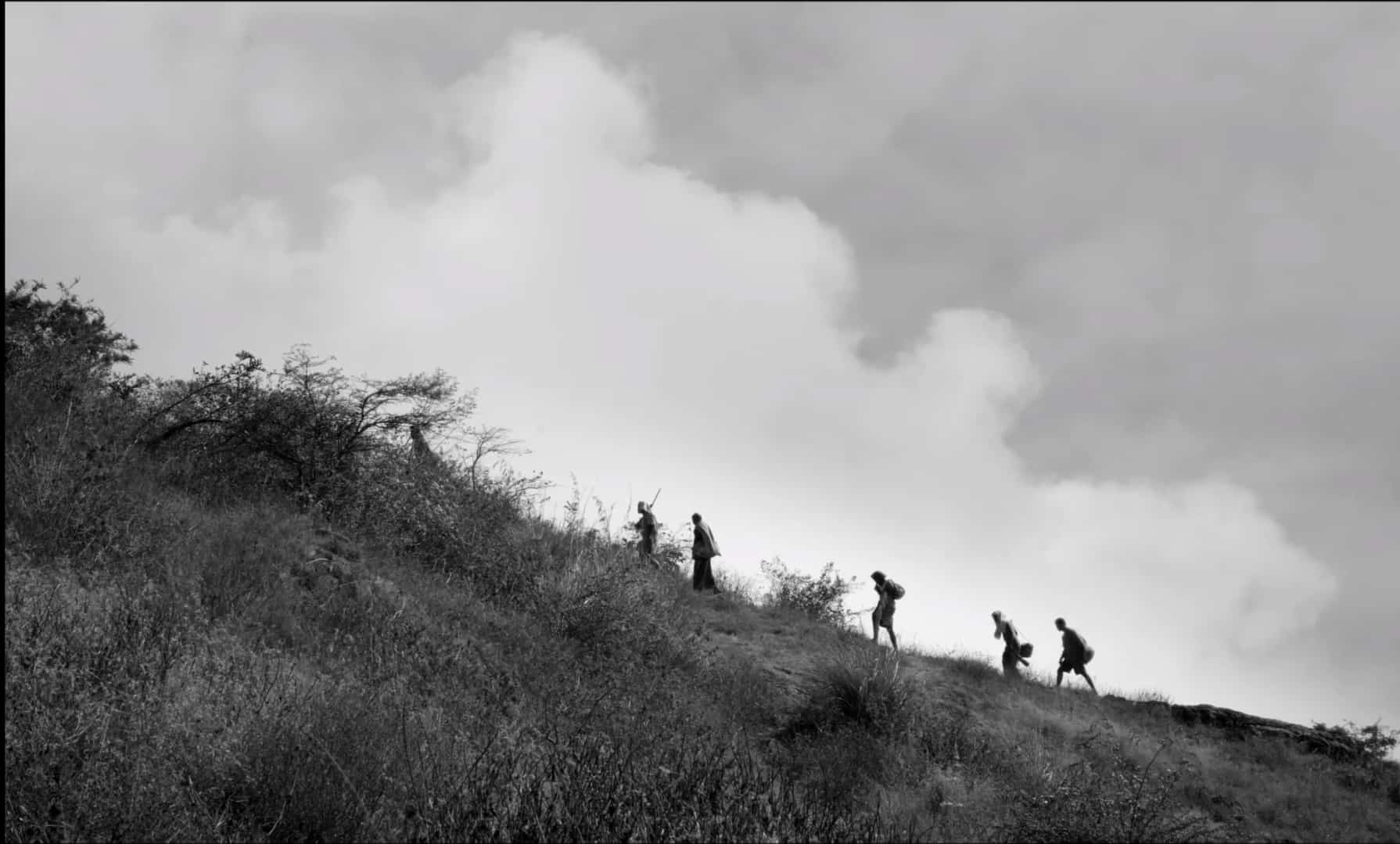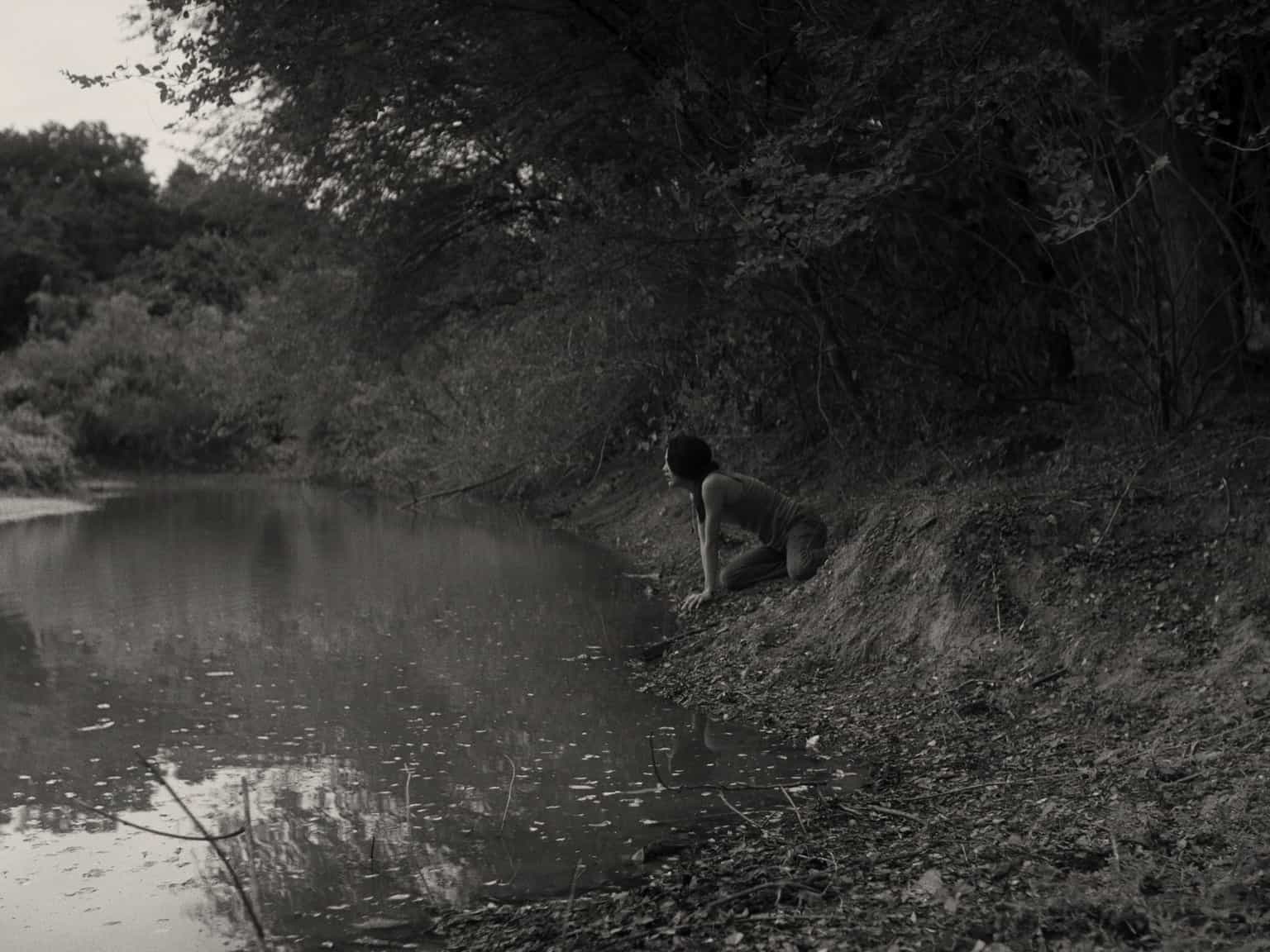A sad, but realistic story
The story revolves around Lianqing, a Burmese woman who takes the trip from her country to Thailand, through rivers, forests, checkpoints and much bribing. In her trip, she meets a young man named Guo, who seems to like her, helping her from the moment they meet. Lianqing has some Burmese friends in Thailand, who give her a place to live and help her find a job. Initially they take her to large company, but they cannot hire her because she does not have legal papers. Eventually, she ends up washing dishes in a small restaurant for a very meager pay. She manages however, and even sends some money back home. Guo is still around, trying to persuade her to work at the factory he works, but she declines.
After some time, one of her roommates who seems to have a nervous breakdown, after losing her job, kicks her out. Furthermore, she is arrested and, although her employer manages to get her out of prison, he fires her. Having nothing else to do, she agrees to go work with Guo, and the two of them become a couple. Things start going better for her; however, as she is set on acquiring legal papers to work for the initial company she has visited, betrayal seems to come from every direction.
A film that looks like a documentary
Midi Z directs and pens a film much like a documentary, since realism is evident in every aspect. The way Lianqing crosses to Thailand, her workplaces, the places she lives, the lives of other immigrants, and her efforts to acquire legal working permit all have a tincture of disillusionment, usually associated with documentaries. The lack of music and intricate cinematic techniques (except a metaphoric one involving a giant lizard) also move towards this direction.
Drama
Both Lianqing and Guo's lives are particularly sad, although for different reasons. She wants to make a decent living in Thailand, and even to ascend to the middle class, as she dreams of having enough income to travel abroad. He, on the other hand, just wants to make enough money to return to Burma and open a shop. This difference in purpose frustrates him, as he feels that she wants, and will inevitably get away from him. This frustration eventually has terrible consequences. Furthermore, due to their different goals, none of them seems to get any break in his life. In fact, only two scenes in the whole movie emit happiness, and they are both in the same sequence, when the workers have a celebration at the factory.
Harmonic acting
Wu Ke-xi (Midi Z's regular) as Lianqing and Ko Kai as Guo both give great performances, in perfect harmony with the film's realism and general aesthetics. The former is extraordinary in her desperate efforts to achieve her goals, while he presents the unambitious, simple man who is blindly in love, with accuracy. Their chemistry is also evident and exemplified in a scene where he helps her wear a necklace he bought her. Overall, the acting by every single actor appearing on screen is so realistic, that occasionally seems as if it was real footage.
Technically impressive
Despite the permeating realism, that has the film occurring in the poorest corners of Taiwan, there are also scenes of extreme beauty, mostly in the country, where Tom Fan's cinematography is at its best. The depiction of the harsh conditions illegal immigrants have to live in is accurate, and Matthieu Ladau's editing keeps the film flowing, without any extravagance.
“The Road to Mandalay” is a great and highly realistic film, which becomes even better by its utterly shocking finale.
“The Road to Mandalay” is part of the Five Flavours Film Festival that is on in Warsaw (November 16 – 23) and Wroclaw (November 18-24).



